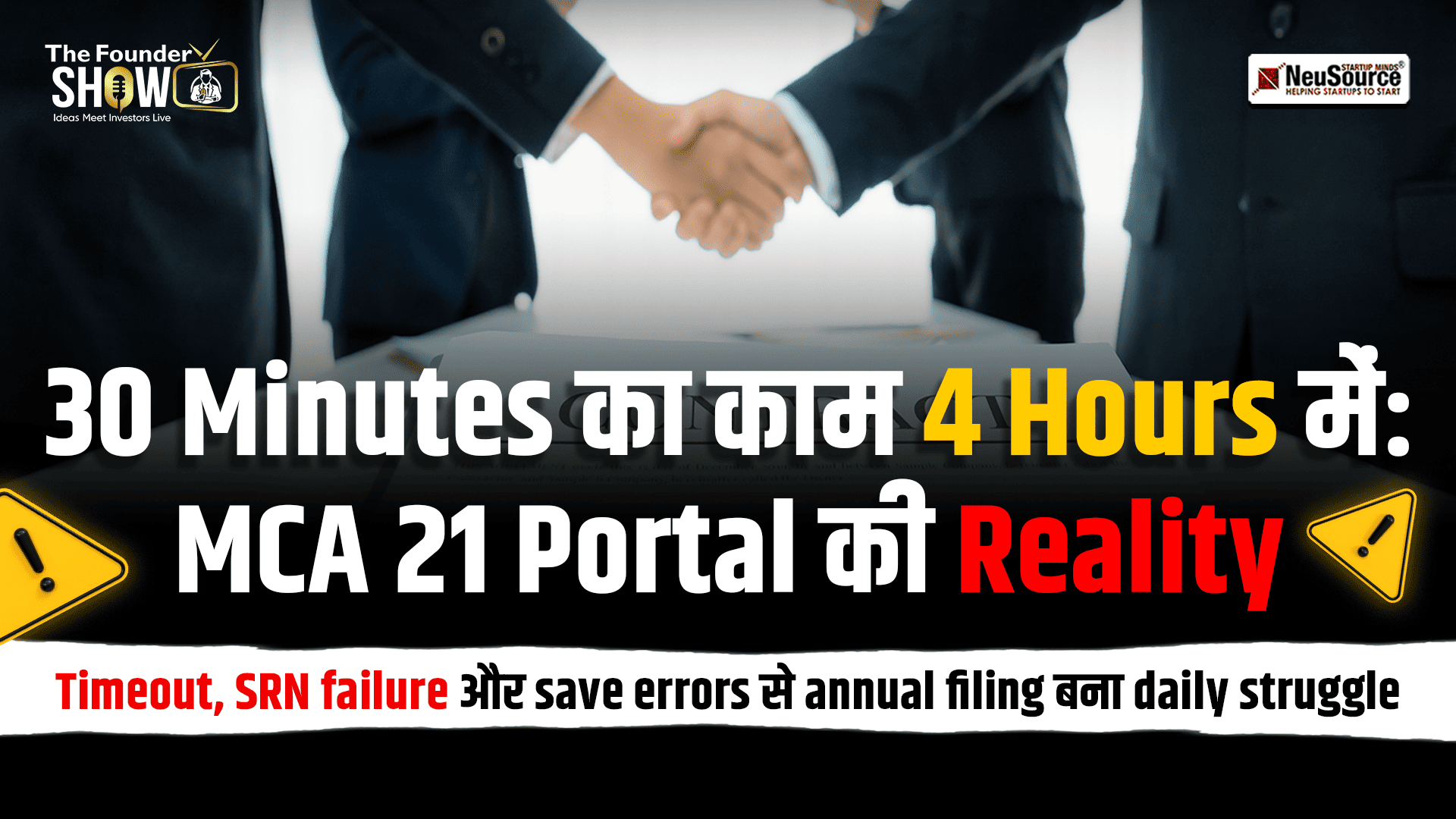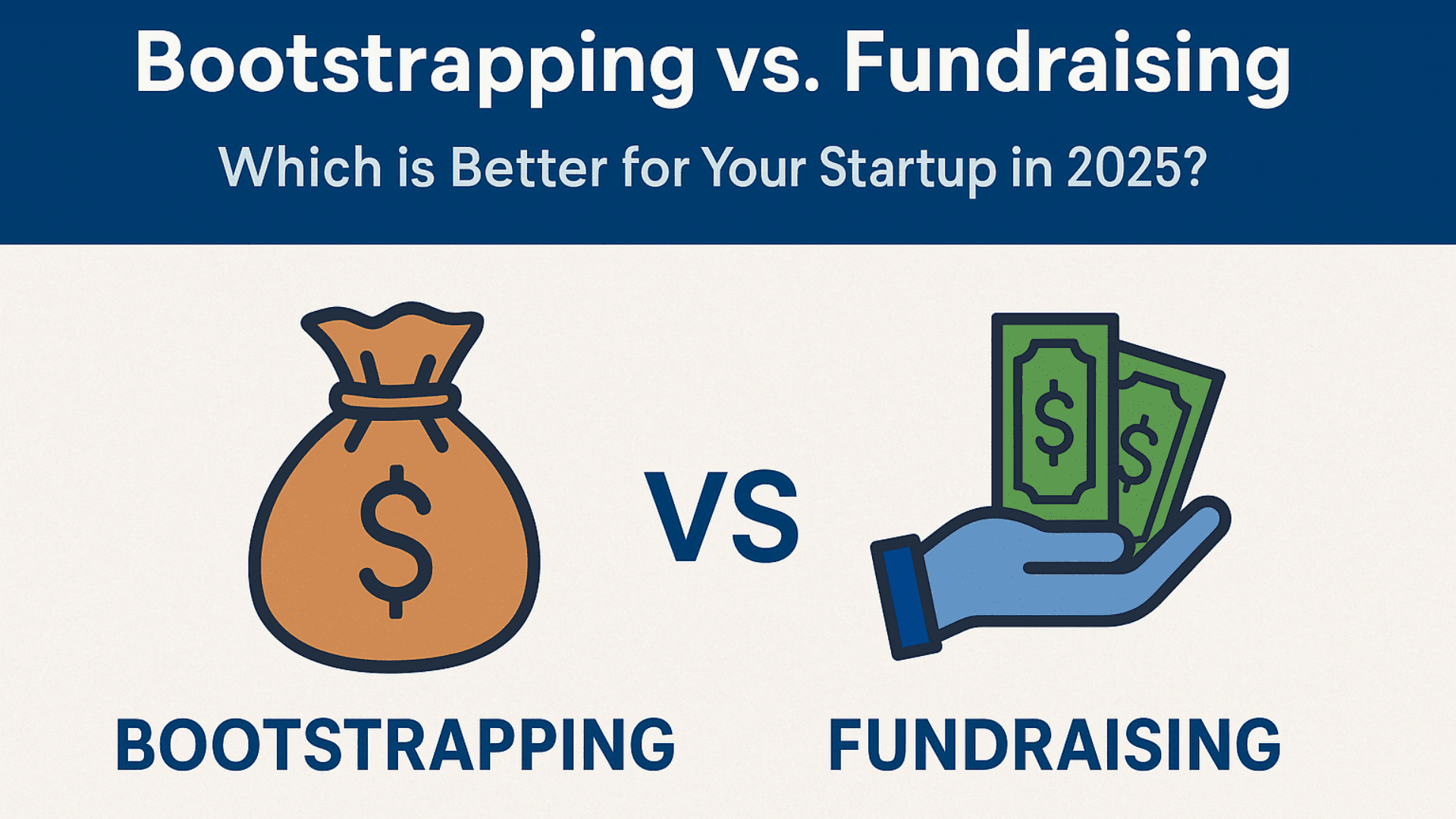How LLP Compliance is less costly as compare to Private Company
Limited Liability Partnership incorporation has become a popular form of business organization among the businesspersons as it combines the features of both a partnership firm as well as a company into a single form of business organization. An LLP and a company have many similar features but both offer different benefits in comparison to each other. Following are the different points between the two,

Process of Incorporation of an LLP
The incorporation process of LLP involves the following:
- Apply for DSC of the proposed Designated Partners.
- File RUN for getting name approval or one can directly go through the FILLIP form.
- File FILLIP form for incorporation.
- Get approval from the department by getting a Certificate of Incorporation.
- After approval, Apply for PAN and TAN.
- Then get an LLP Agreement drafted and get it notarized on a stamp paper of the appropriate value. ( Value of stamp duty may vary depending upon the state)
- File Form-3 along with Notarised LLP Agreement.
- After form-3 gets approved, one can start the business.
Documents required for Incorporation of an LLP
Following documents are required for LLP Incorporation:
- PAN card of the applicants
- Voter ID, Passport, Driving License of the applicants
- Passport size photograph
- Latest Utility Bill (Should Not be older than 2 months)
- Email Id and contact number of the applicants
Process of Incorporation of a Private Company
The incorporation process of Private Company involves the following:-
- Apply for DSC of the proposed Directors.
- File RUN for getting name approval or one can directly go through the SPICE PLUS form.
- File SPICE PLUS form for incorporation.
- Get approval from the department by getting Certificate of Incorporation, PAN, TAN, Account number, PF ESI Number and GSTIN (If applied).
- After approval, one can start the business.
Documents required for Incorporation of a Private Company
Following documents are required for private Company Incorporation:
- PAN card of the applicants
- Voter ID, Passport, Driving License of the applicants
- Passport size photograph
- Latest Utility Bill Should (Not older be than 2 months)
- Email Id and contact number of the applicants
In can be said that Private Company incorporation also requires the same set of documentation. But costing makes a huge difference between the two. Incorporation cost, Compliance cost, Maintenance cost, etc of LLP is much lesser in comparison to a Private Limited Company. There are many post incorporation compliances involved in a private company which is not there in the case of LLP.
Following are the points of differences between a Private company and LLP
Applicability of legal provisions
The Private Company is governed by the provisions of the Companies Act 2013. Whereas LLP is governed by the provisions of the Limited Liability Partnership Act 2008.
Privacy
Promoters have more privacy concerns in the case of Private companies as its documents are available to the public for search and download from view public documents. However, in the case of LLP, there are no privacy concerns as the LLP agreement is not available to the public for search and download.
Flexibility
In the case of the private limited company, there is a requirement to hold the statutory meetings, board meetings etc. As per Company law, Companies are required to hold a minimum of 4 Board Meeting every year, one in every quarter and also a minimum of 1 General Meeting, which is known as AGM. But in the case of LLP, there is no such requirement as per the law to hold the meetings.
No limit on a Maximum number of partners:
In the case of the private limited company, there is an upper cap on the maximum number of shareholders which is 200. But in the case of LLP, there is no such upper cap on the maximum number of partners .
No compulsory Audits
In the case of a private limited company, there is a compulsory audit requirement. But in case of LLP Audit requirement becomes compulsory only if the Annual Turnover exceeds 40 Lakh rupees or its capital contribution exceeds Rs. 25 lakh.
Registers and Records
Private Company is required to keep statutory Registers, Records and Minutes of the Board Meetings, General Meetings on regular intervals as required by law. On the other hand, LLP is not required to keep any Registers, Records, and Minutes unless specially directed by the LLP agreement. Partners have the independence to decide the requirements.
Change or transfer in ownership
In the case of a Private Company, ownership can be transferred or altered by holding a board meeting, then execution of share transfer agreement, and payment of stamp duty. However, in the case of LLP, ownership can be transferred or altered by redrafting the LLP Agreement which is required to be signed by all the Designated Partners of LLP which is known as supplemental agreement. So transferring ownership in the case of a private company is much of a cumbersome task in comparison to LLP.
ROC Filing
Private Companies are required to file more forms in comparison to LLPs. Form AOC-4, MGT-7, ADT-1 is mandatory to file after holding of Annual General Meeting. However, in the case of LLP, only 2 forms are required to be filed. Form 8 and Form 11.
Easy management
In the case of private companies, certain approvals are required from the shareholders as there is a distinction between the shareholders and the directors. However in the case of LLP, there is no concept of shareholders, designated partners have the right to manage the trade directly because they have better controls on all the happenings of the business.
Appointment of Auditor
Appointment of Auditor is mandatory for a Private Company even with no business operations to file the NIL returns as well as Balance sheet. However, in case of LLP Appointment of Auditor is not mandatory. It becomes compulsory for only those LLPs which crosses the upper cap limit of Turnover or Capital contribution.
Taxability
The tax provisions applicable to Partnership Firm are applicable to the LLP. The provisions with regards to the tax applicability of Private Company are much more complex under the Income-tax Act. The status of the LLP under the Income Tax Act is unclear as no separate taxable provisions are prescribed for LLP.
Fines and penalties
Another major difference between a private company and LLP is that if a company has not complied with any of the provisions of companies Act then it becomes liable to pay a substantial amount of fines as well as penalties which can extend up to Rs. One Lakh every year. On the other hand, LLP has simplified formation structure and procedures that ensure that business owners can skip the fines and penalties. LLP compliance involves the filing of only two forms that is Annual Return and Statement of Insolvency.
Conclusion
Since LLP and Private Company have many similarities so it all depends upon the suitability which business structure is suitable to the business owners. If the business owner needs funding from outside sources then the private company would be more suitable. If the business owner can bootstrap his business such as manufacturers, traders, start-ups then they must go for the LLP incorporation.
For communication: Email Id Swati@neusourcestartup.com and Phone Number 9540026175.
The NeuSource Startup Mind is the finest business startup consultant that offers various services of registration like Proprietorship Firm Registration, Partnership Firm Registration, LLP Registration, Company registration, GST Registration, Copyright Registration, ISO Registration Trademark registration and other FSSAI License etc.
CS Vaishali Verma
Ideas are easy but Implementation is hard. If you're seriously passionate about something and you work hard, then I think you will be successful. Neusource helps you to make your start up successful.












































































